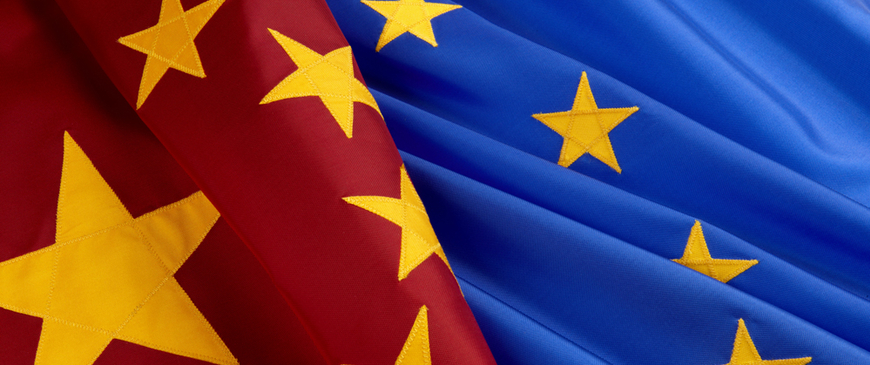
Taking the pulse: Is China becoming Germany's new dependency?
Berlin’s “nein” in the vote on introducing EU tariffs on Chinese electric vehicles came despite the fact that the European Commission was following World Trade Organisation’s rules to offset China’s automotive subsidies. Chancellor Olaf Scholz appeared to be protecting the short-term export interests of German car manufacturers and may have hoped to divert Chinese retaliation toward exports like Spanish pork or French brandy.
But his decision signals two strategic risks. First, Berlin must weigh the exposures of its firms operating in China—and their still sizeable but declining exports—against the threat that Beijing poses to Germany’s long-term future as a manufacturing hub. Few Western countries’ industrial structures overlap more with China’s emerging one than Germany’s.
Second, If Germany pushes for a minimum price instead of tariffs, as China is still advocating, it would demonstrate that Beijing was able to force the EU to back down. This could backfire, as it would make it harder for European Commission President Ursula von der Leyen to collaborate with the United States on China in exchange for more support for Ukraine while also potentially negatively impacting Germany’s access to the U.S. market, which has overtaken China as Berlin’s largest trading partner.
Over time, Berlin may find itself thanking its true friends and more principled free-trade bulwarks like the Netherlands or Ireland for avoiding a strategic blunder.
Read the full article here.
